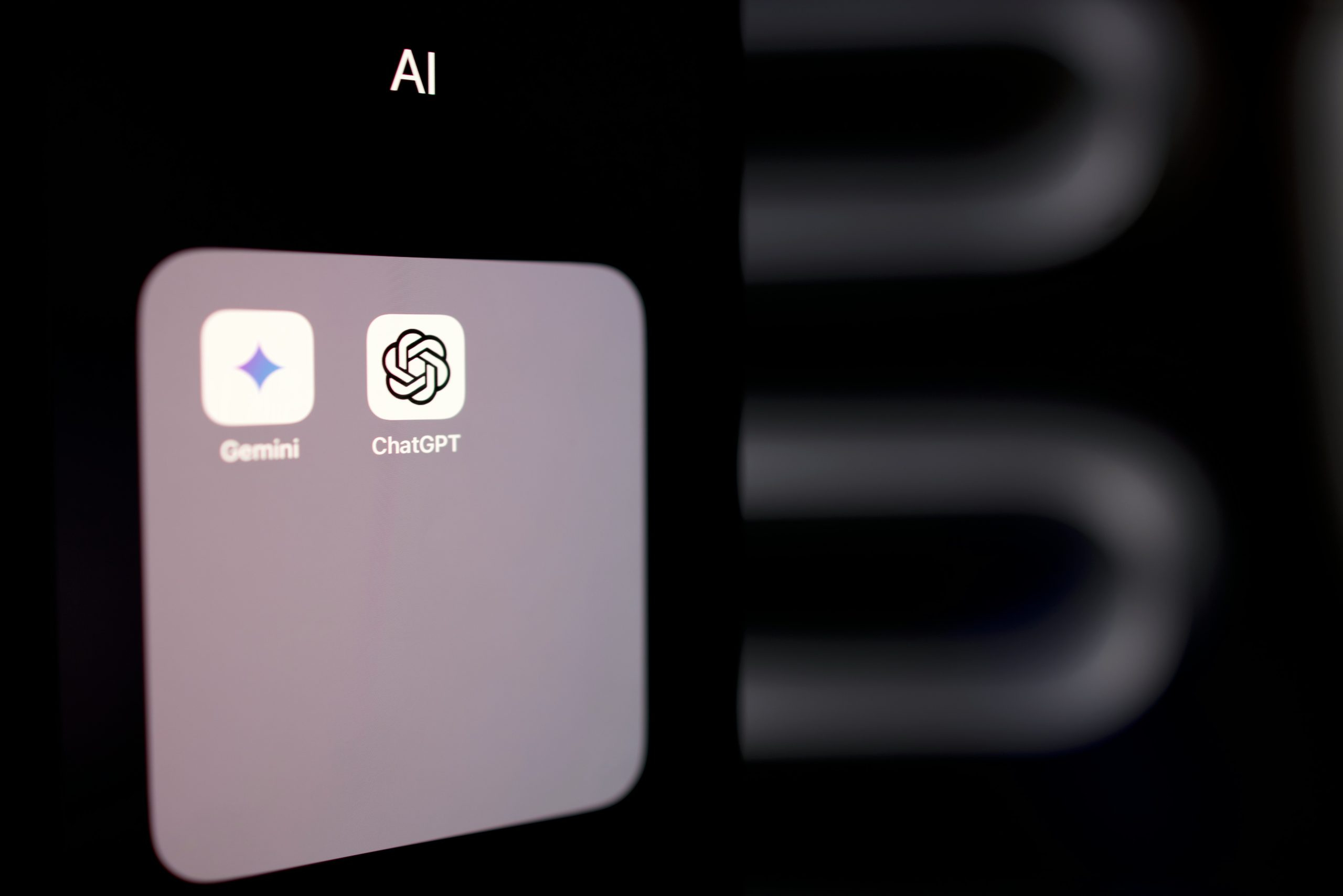ChatGPT Resumes: Are AI-Written Applications Ethical (or Effective)?
With the rise of artificial intelligence (AI) and its increasing integration into various aspects of our lives, the idea of AI-written resumes is no longer a mere concept. ChatGPT, a popular AI-based tool, has made it possible for job seekers to have their resumes written entirely by an intelligent machine. While this technology offers convenience and efficiency, it also raises ethical concerns. Are ChatGPT resumes truly ethical or effective in landing a job? Let’s delve deeper into this controversial topic and explore both sides of the argument.
The Benefits of AI-Written Resumes
The concept of AI-written resumes came into existence to tackle the time-consuming task of creating a resume. ChatGPT, being a state-of-the-art AI technology, has made this process quick and effortless. All a job seeker needs to do is feed the necessary information, and the AI will generate a resume that is tailored to the job description and industry. This not only saves time but also ensures that the resume is free from potential errors or biases.
Another advantage of ChatGPT resumes is their ability to incorporate keywords and phrases that are optimized for applicant tracking systems (ATS). These systems are used by most companies to filter through a large number of resumes and identify the most relevant ones. With the AI-generated resumes being strategically written, the chances of them passing through the ATS and reaching the hands of a hiring manager increase.
The Ethical Concerns
While AI-written resumes may seem like an efficient and convenient solution, they also pose ethical concerns. The main argument against this technology is that it takes away the human element from the hiring process. Resumes are meant to showcase an individual’s skills, experiences, and personality. By using AI to generate a resume, it eliminates the personal touch and authenticity that comes with a human-written resume.
Moreover, there is a possibility that AI-generated resumes can perpetuate discrimination. AI works based on the data it is fed, and these data sets can be biased. For example, if a ChatGPT resume is created using data from the hiring patterns of an already biased company, it may generate a resume that aligns with the company’s biases, thus perpetuating discrimination in the hiring process.
The Effectiveness of AI-Written Resumes
The effectiveness of AI-written resumes can be debatable. While they may be optimized with keywords and phrases, they may lack the human touch that can make a resume stand out. Recruitment experts have even reported that AI-written resumes often lack the creativity and unique qualities that a human-written resume can possess.
Additionally, AI-generated resumes may not be suitable for all industries and job levels. Jobs that require a high level of creativity, communication, and interpersonal skills might not be best represented by a ChatGPT resume. Human connection and soft skills are essential in such roles, and an AI-written resume may not adequately convey these qualities.
Conclusion
In conclusion, it is evident that AI-written resumes have both pros and cons. They offer convenience, save time, and are optimized for ATS, but they also bring forth ethical concerns and may not be suitable for all industries. While the use of AI in the job search process is here to stay, it is important to strike a balance and recognize the limitations of this technology. Job seekers can use AI-generated resumes as a starting point, but they should also include a personal touch and tailor their resumes according to the job and industry they are applying for.











